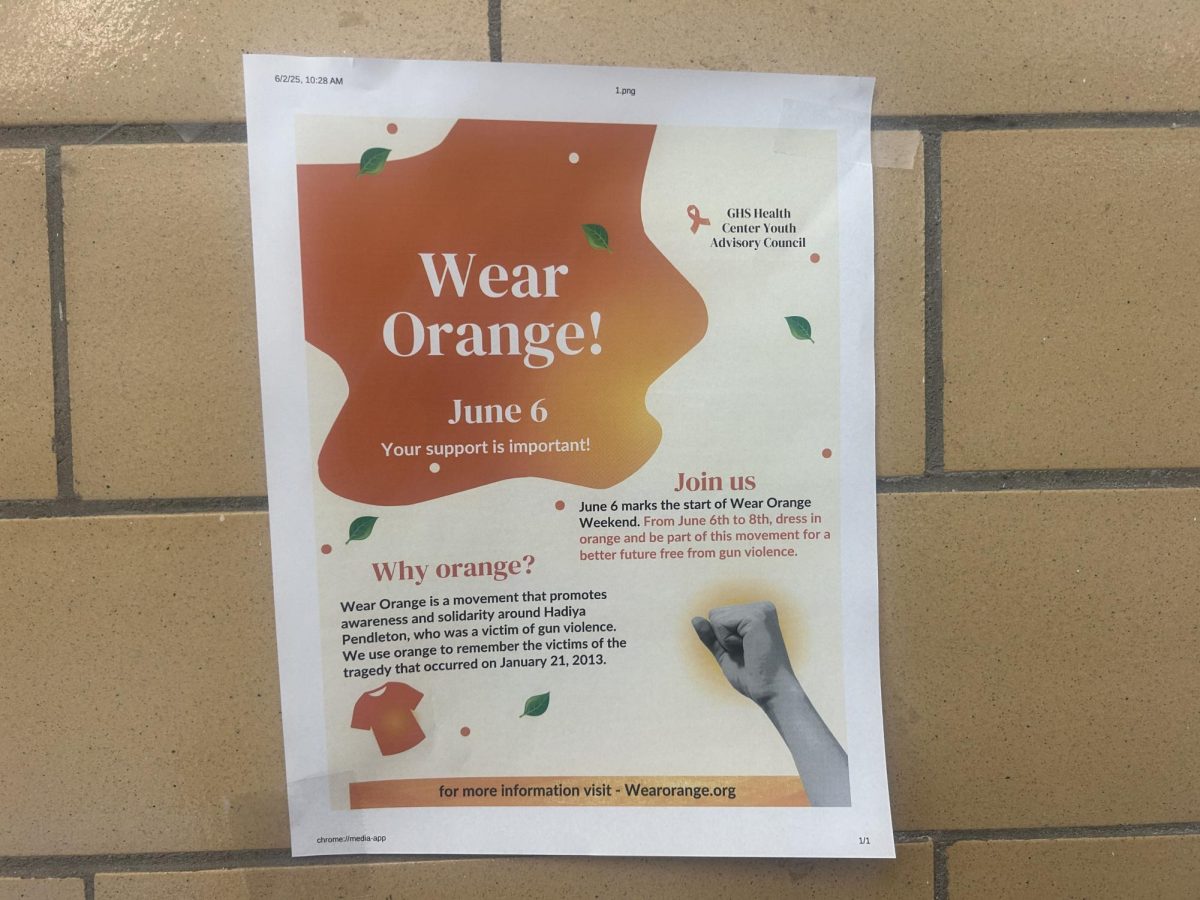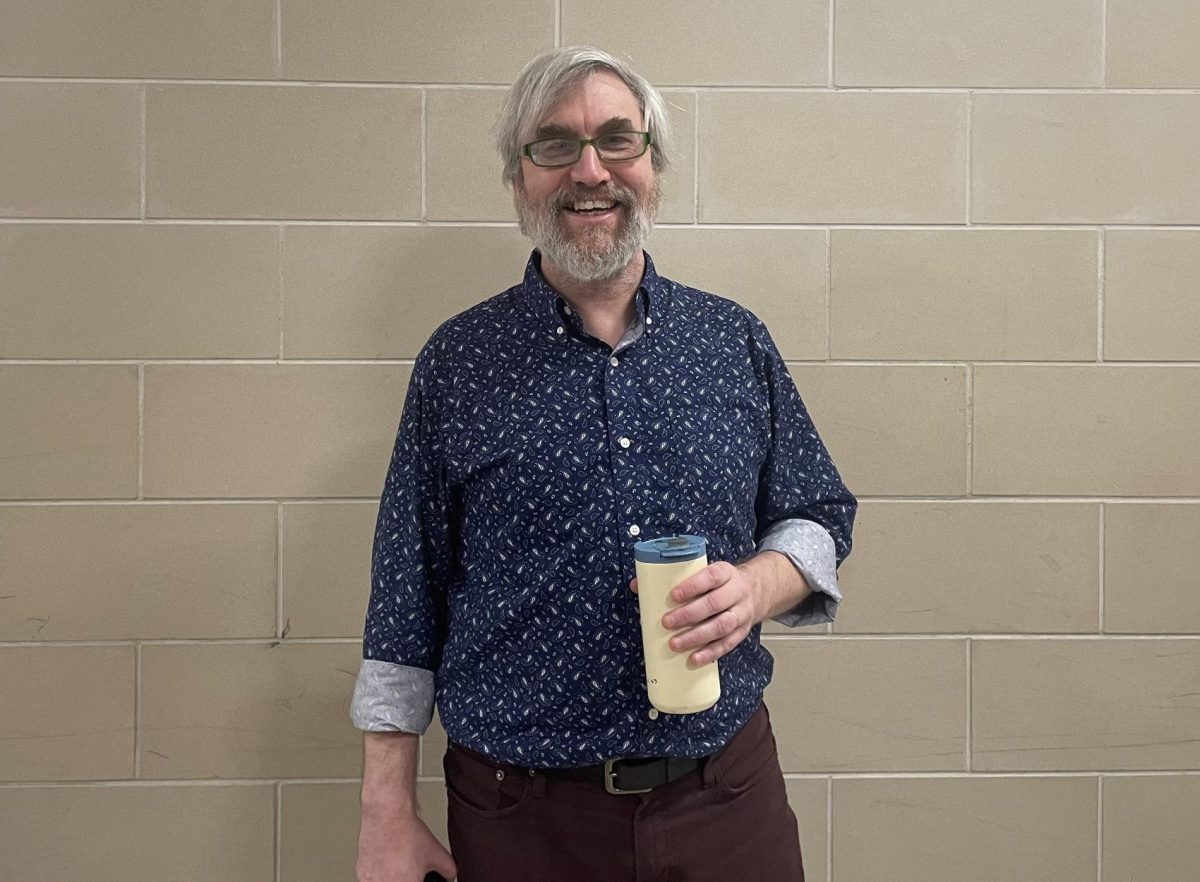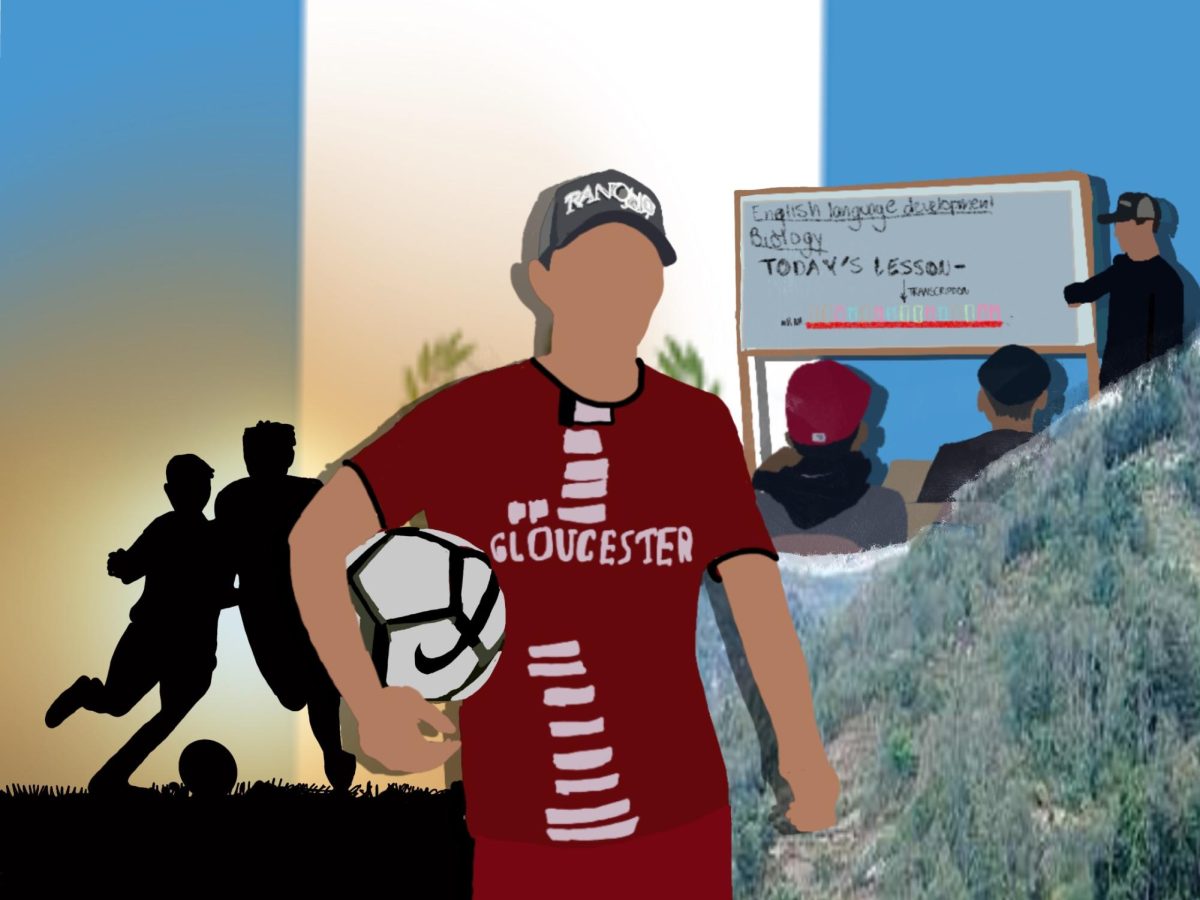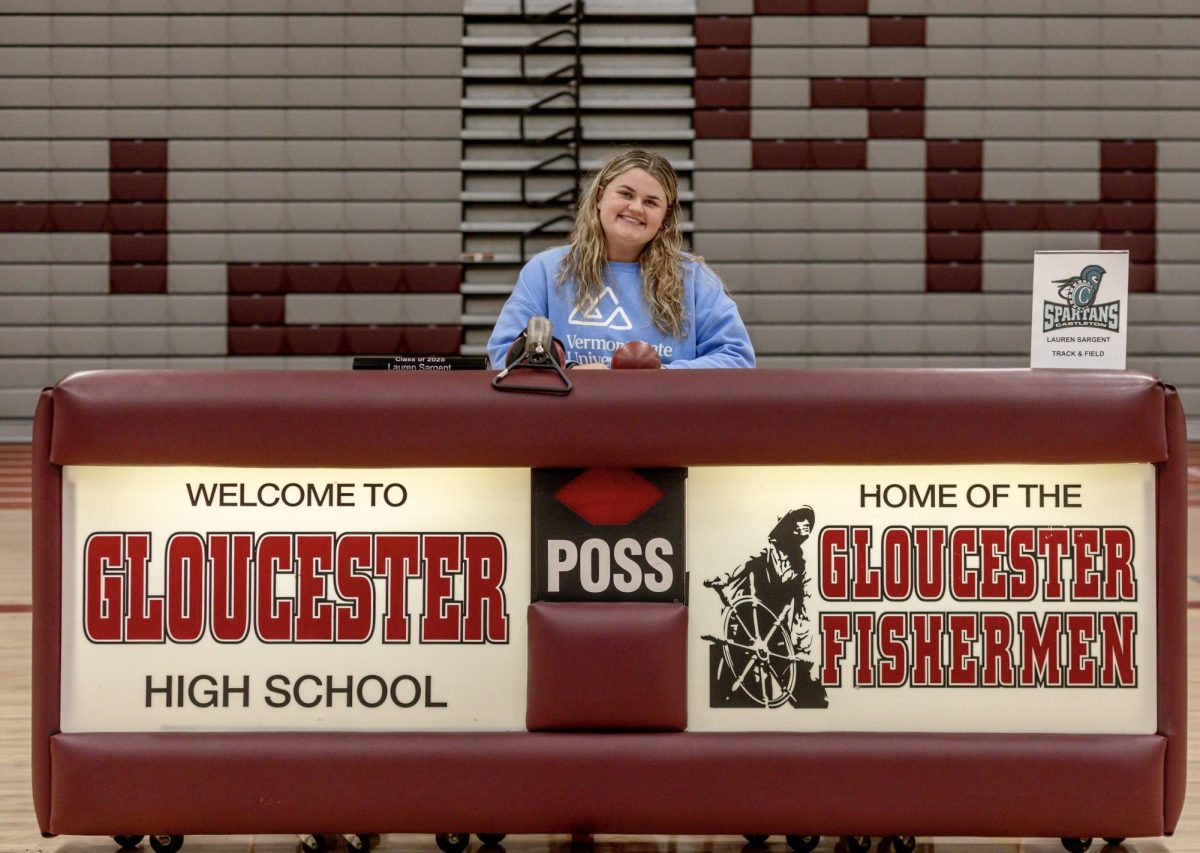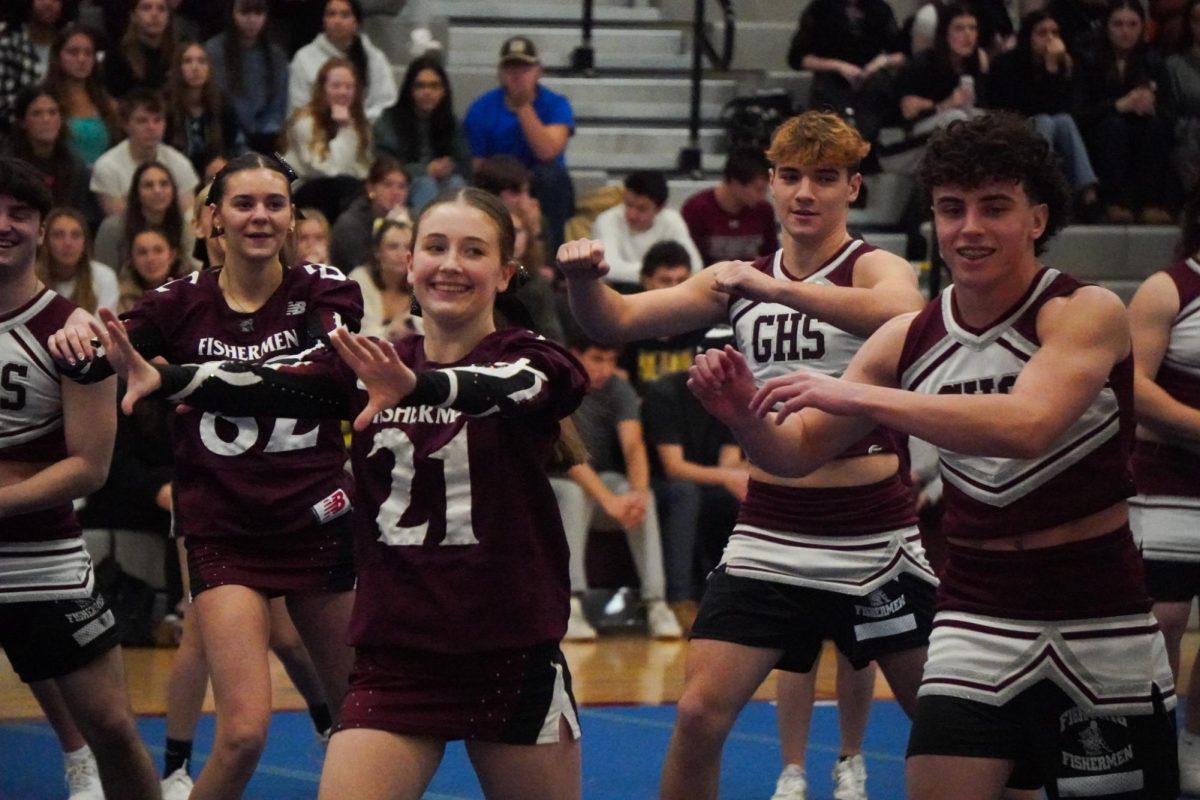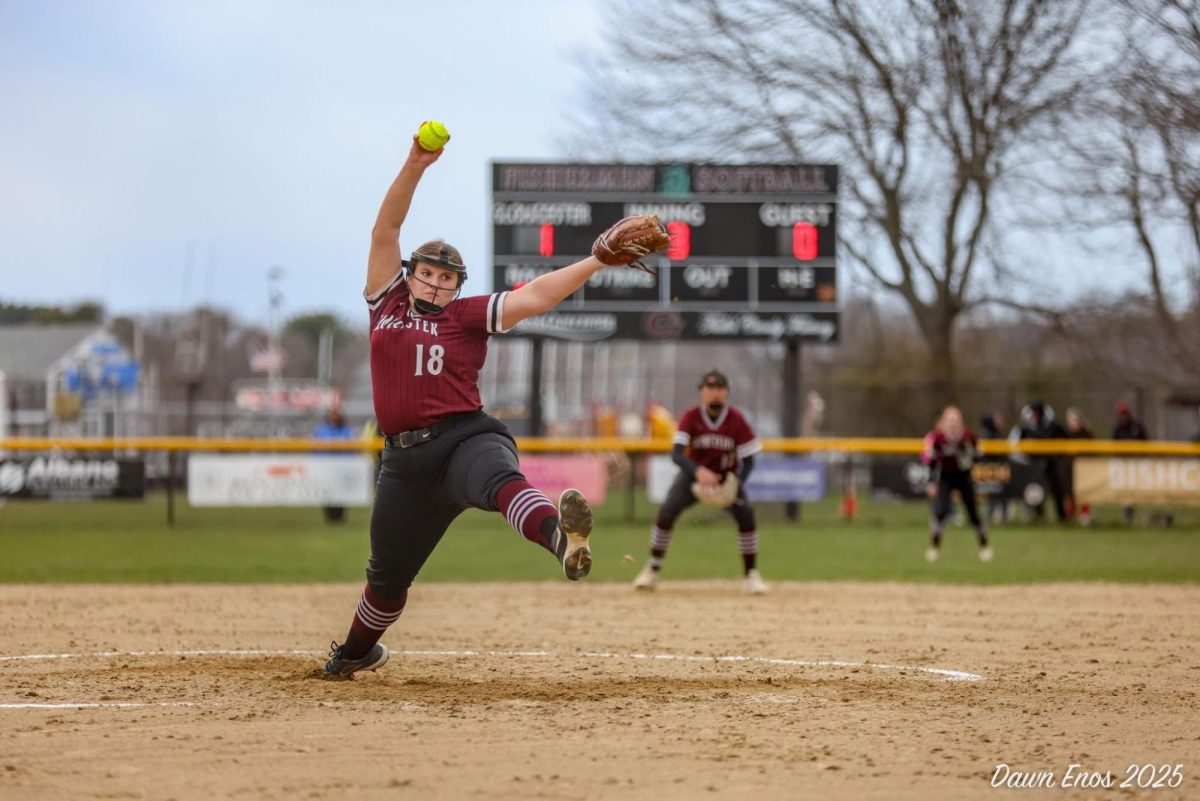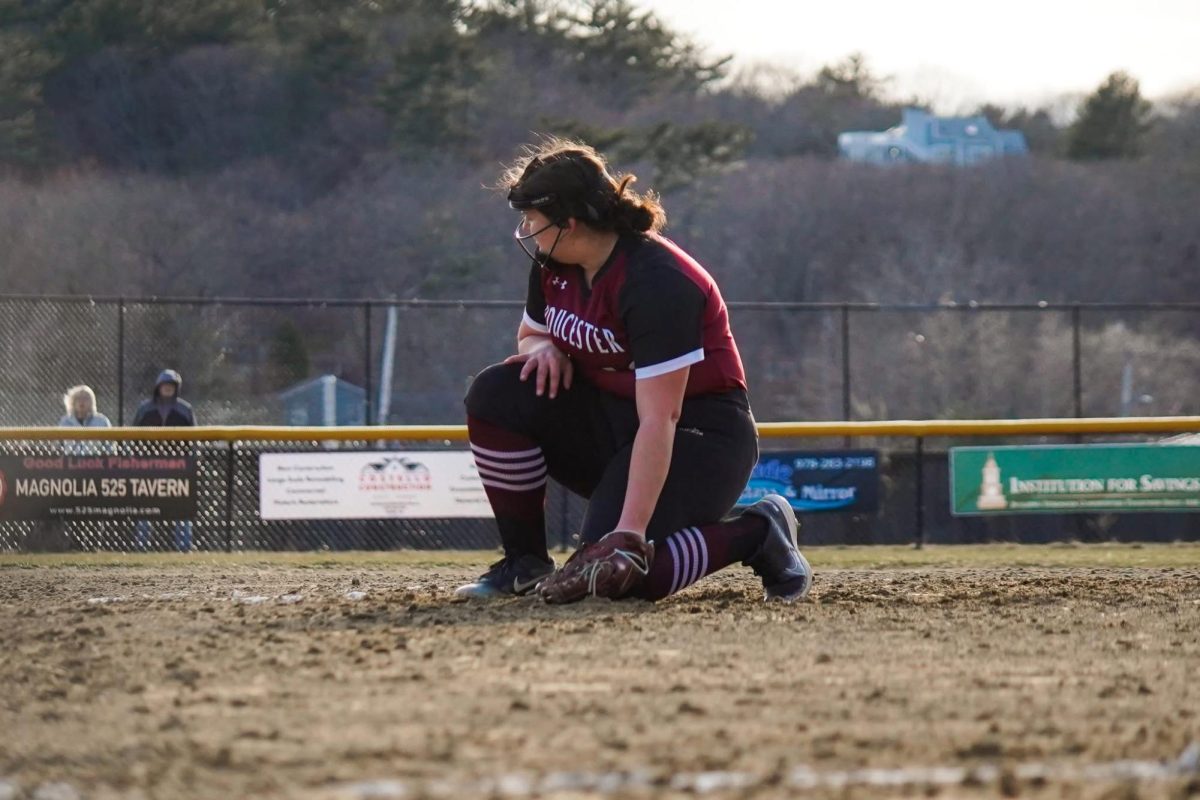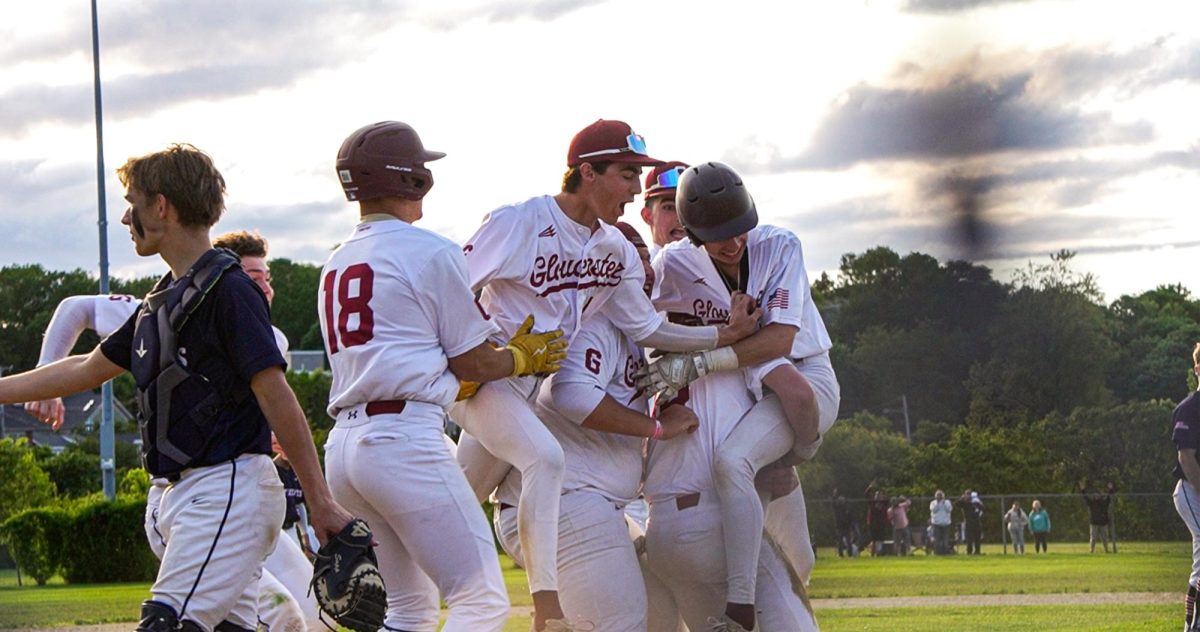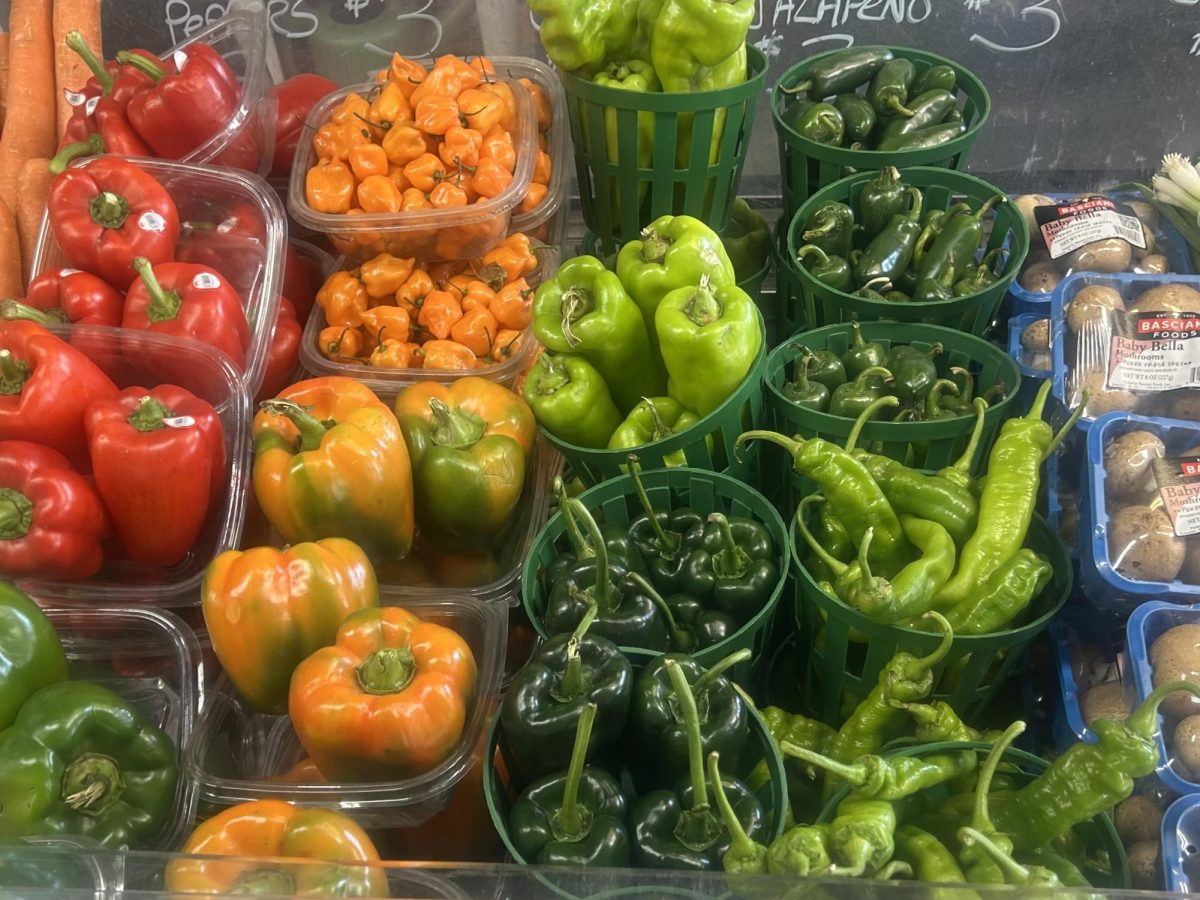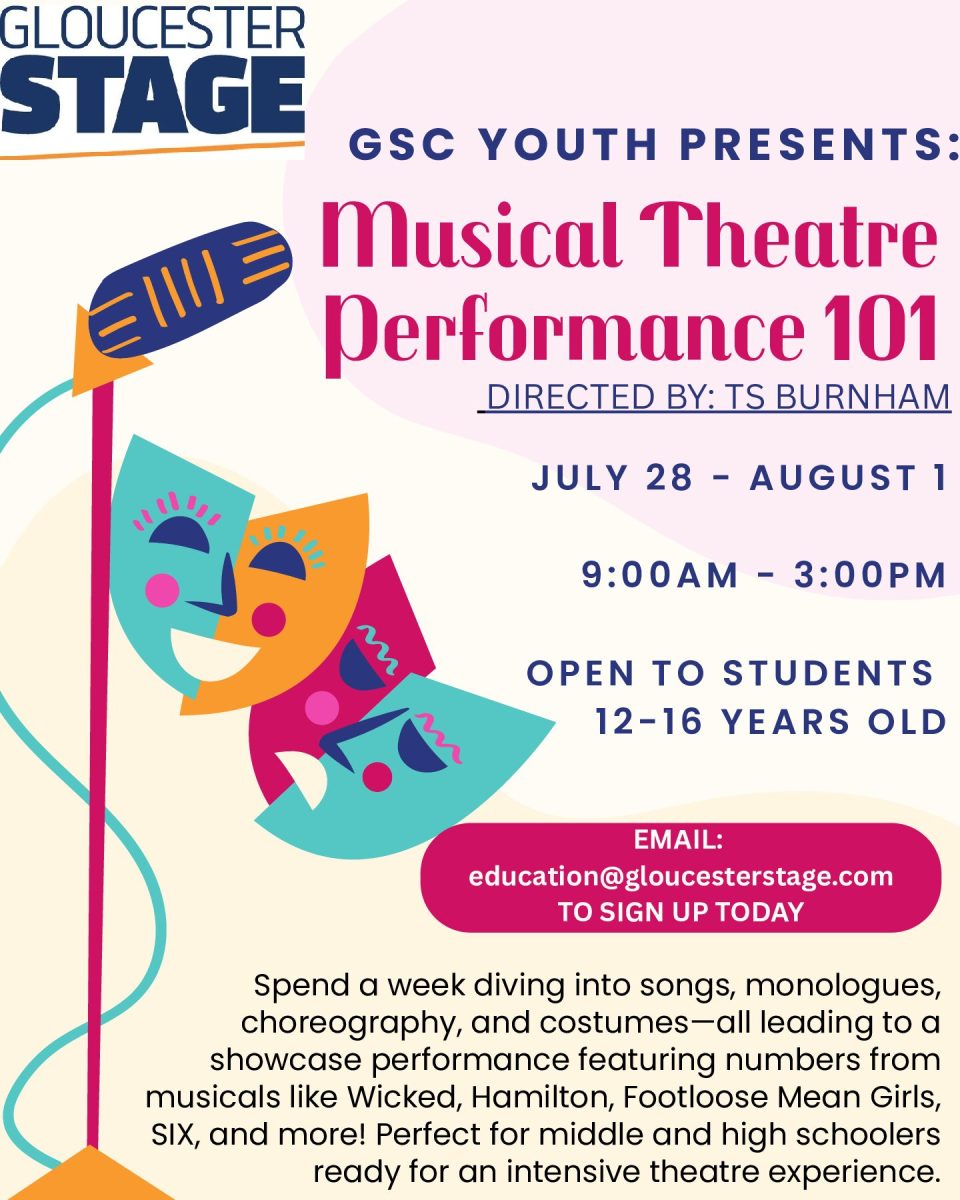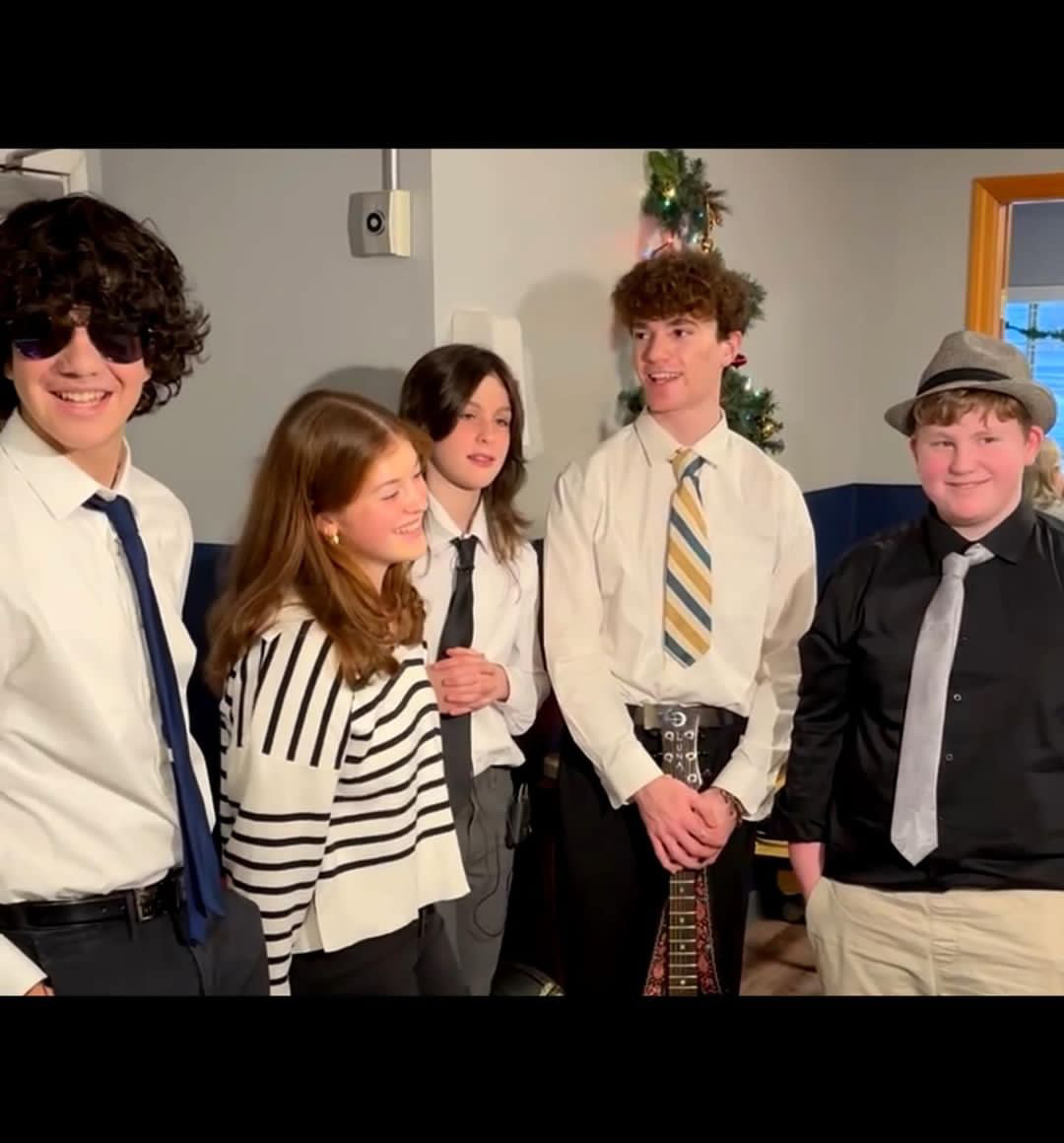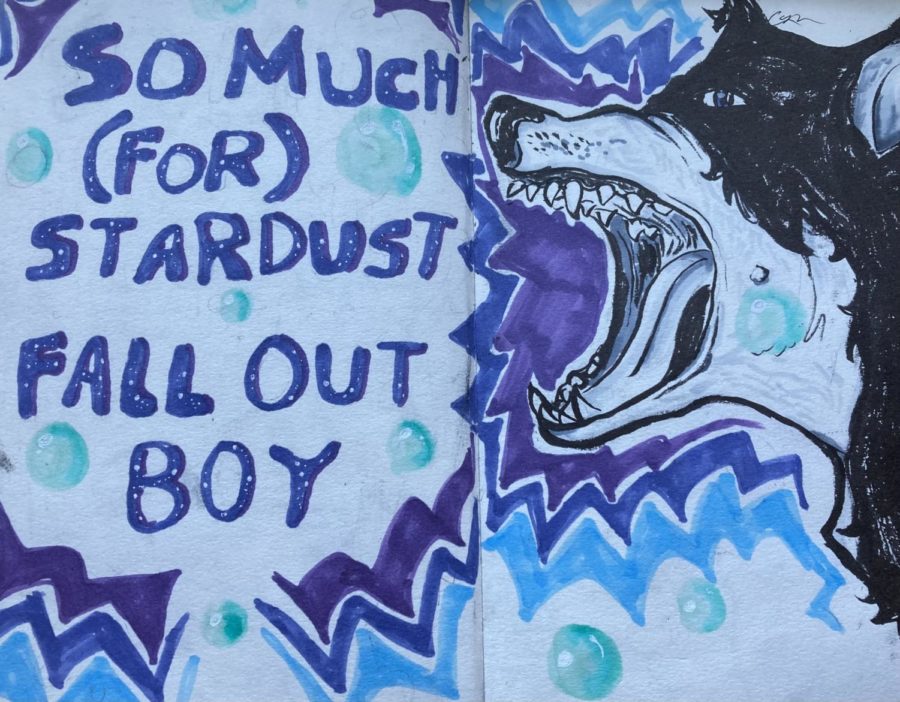Fall Out Boy returns with So Much (for) Stardust
March 30, 2023
2023 is shaping up to be a big year for the pop-rock genre, with albums like Paramore’s “This Is Why” and Maneskin’s “Rush” making waves for teenagers and especially nostalgic millennials. Now, the kings of the 2000s pop-rock scene, Fall Out Boy, have come out swinging with their first album in 5 years: “So Much (for) Stardust”.
As a long-time fan of Fall Out Boy, who loves their earlier stuff and has mixed feelings about their later stuff, I was cautiously optimistic about the new release. Though I have my complaints (as per usual), I can confidently say that I enjoyed this album for what it is—a grand return to the world of rock, a preservation of their distinct style with a modern twist.
Pete Wentz, the frontman and bassist of Fall Out Boy, is the chief lyricist, as he has been for most of the band’s lifetime. His style is incredibly distinct: angsty, confessional, and riddled with tongue-in-cheek puns and wordplay that border on corniness but are so essential to Fall Out Boy, I always find myself smiling at them. To a non-fan the lyrics are surprisingly poetic—to fans of these older albums, they’re a return home.
If Pete Wentz provides the musical and lyrical base for the band, vocalist Patrick Stump, guitarist Joe Trohman, and drummer Andy Hurley build up from his foundation. The musicianship provides an epically pop-punk vessel to surround Stump’s vocals, and according to the song credits, Wentz is far from a one-man band. Though Wentz is the frontman, Patrick Stump’s iconic belting makes every album Fall Out Boy puts out, and this one is no exception.
Our resounding entrance into the album, “Love From The Other Side”, put me in a good mood almost immediately. Having been slightly underwhelmed by their previous album, “MANIA”, I was expecting more pop, less rock. The beginning tracks of the album proved me wrong in all the right ways. Fans of their earlier work, particularly “Infinity on High” and “Folie A Deux”, will be able to hear the influence of the golden days of Fall Out Boy in the first few songs.
Though this album incorporates more rock elements than their last, it’s not without a significant amount of pop influence—“Heartbreak Feels So Good” and “Fake Out” err more on the “pop” side of “pop-punk”. It’s certainly a welcome influence, evoking a level of nostalgia in me that, frankly, I wasn’t expecting. “Fake Out” in particular sounds as if it’s straight off their third album, “Infinity On High”, and “Hold Me Like a Grudge” could’ve fit right into the middle section of their discography without issue.
From the first track, Pete Wentz whips out his signature writing style that is gratuitously corny, in the best way: “you put the fun in dysfunction” “but there’s no way off the hamster wheel on this rat race”, etc. Wentz can’t resist a solo bass moment any more than he can resist a pun; the DNA of the emo movement doesn’t ever really leave their musical genome.
The middle of the album loses me a little. The songs remain distinct, but feel disorganized, in a word, and confusing, in another. “Heaven, Iowa”, for instance, seems like the result of a good idea not completely coming together. It tries for a bit of experimentation, and doesn’t quite hit its mark.
And again, I saw the vision for “I Am My Own Muse”, but again, the overproduction and disarray of it took me out of the album. However, as a long-time fan, I was proud to see Patrick Stump as the arranger of the song in collaboration with the renowned London Metropolitan Orchestra.
“So Good Right Now” was the part of the album’s middle section that I had little quarrel with. It’s undeniably cheesy, but in the middle of an album like this one, sometimes a swim in shallower water is refreshing.
Of all the names to come up after “featuring” on an album by Fall Out Boy, Ethan Hawke would not have been my first guess. You can imagine my surprise when my Spotify display read: “The Pink Seashell (feat. Ethan Hawke). The lyrics are a monologue pulled from the 1994 movie “Reality Bites”, where Ethan Hawke’s character reflects on his deceased father and the pink seashell his mother gave him.
For someone less cynical than I, this track might work. Personally, it feels like a musical cop-out. Perhaps if Fall Out Boy had contributed more to the song than a theatrical backing track, and made the song their own in a more tangible way, I would’ve been swayed.
Luckily, from here forward, the album regained my musical trust. “Flu Game” is the first in a string of successes, detailing the ache of someone’s absence, and the chorus’ refrain of “I’ve got all this love I’ve got to keep to myself / All this effort to make it look effortless” express a sense of pent-up feeling that likely strikes a chord with Fall Out Boy’s target audience.
I do have to hand it to Pete Wentz—he may be one of the only musicians able to pull off unironically putting a piece of spoken-word poetry titled “Baby Annihilation” in an album, and manage to get me on board.
If you have amazing taste, this piece will undoubtedly remind you of “20 Dollar Nosebleed”, a hit off of “Folie A Deux”. This isn’t Pete Wentz’s first time sneaking his strange poetry into an album, complete with the same tinny voice-effect and the same rhythm. As much as I love his strange, disjointed monologue in “20 Dollar Nosebleed”, I enjoyed having the piece on its own track, a little poetic moment within itself.
“The Kintsugi Kid” may be my favorite song on the album. Much of Fall Out Boy’s earlier work details Pete Wentz’s struggle with pills and addiction, and so the hearing the lyric “I spent ten years / Ten years in a bit of chemical haze / And I miss the way that I felt” feels like someone punched 13-year-old me in the stomach.
The song is about healing—the word “kintsugi” refers to the Japanese art of repairing cracked ceramics with gold, suggesting that healing is a difficult and delicate process, but ultimately a beautiful one.
If “The Kintsugi Kid” is my favorite track, “What A Time To Be Alive” is a close runner-up. “What A Time To Be Alive” is one of the only songs about the COVID-19 pandemic that isn’t contrived to the point of causing me physical pain. Patrick Stump is a gold-star vocalist, but he shines particularly brightly when given a song like this one.
Though bits of the lyrics are less strong than others, lines like “so it seems the vulture’s getting too full to fly” more than make up for it. I had been eagerly awaiting the classic Fall Out Boy outro, full of horns and overlaid vocals and musical punch, and “What A Time To Be Alive” delivered that to me in spades. It feels like a more modern take on the style of “Folie A Deux”, an album I seem to never stop talking about.
The album closes out on it’s title track, “So Much (for) Stardust”, Pete Wentz famously loves to reprise and reference back to lyrics within an album – another thing to love about the album “Folie A Deux— and although the song is a little sadder than I’d have liked to have ended an album on, he does it masterfully. The lyrics call back to the “low, low, lows” of “The Kintsugi Kid” and the “sunshine of my lifetime / what would you trade the pain for?” of “Love From the Other Side”, circling the album to a neat, satisfying conclusion.
But, what else to expect from the men that once ruled the pop-punk world?

